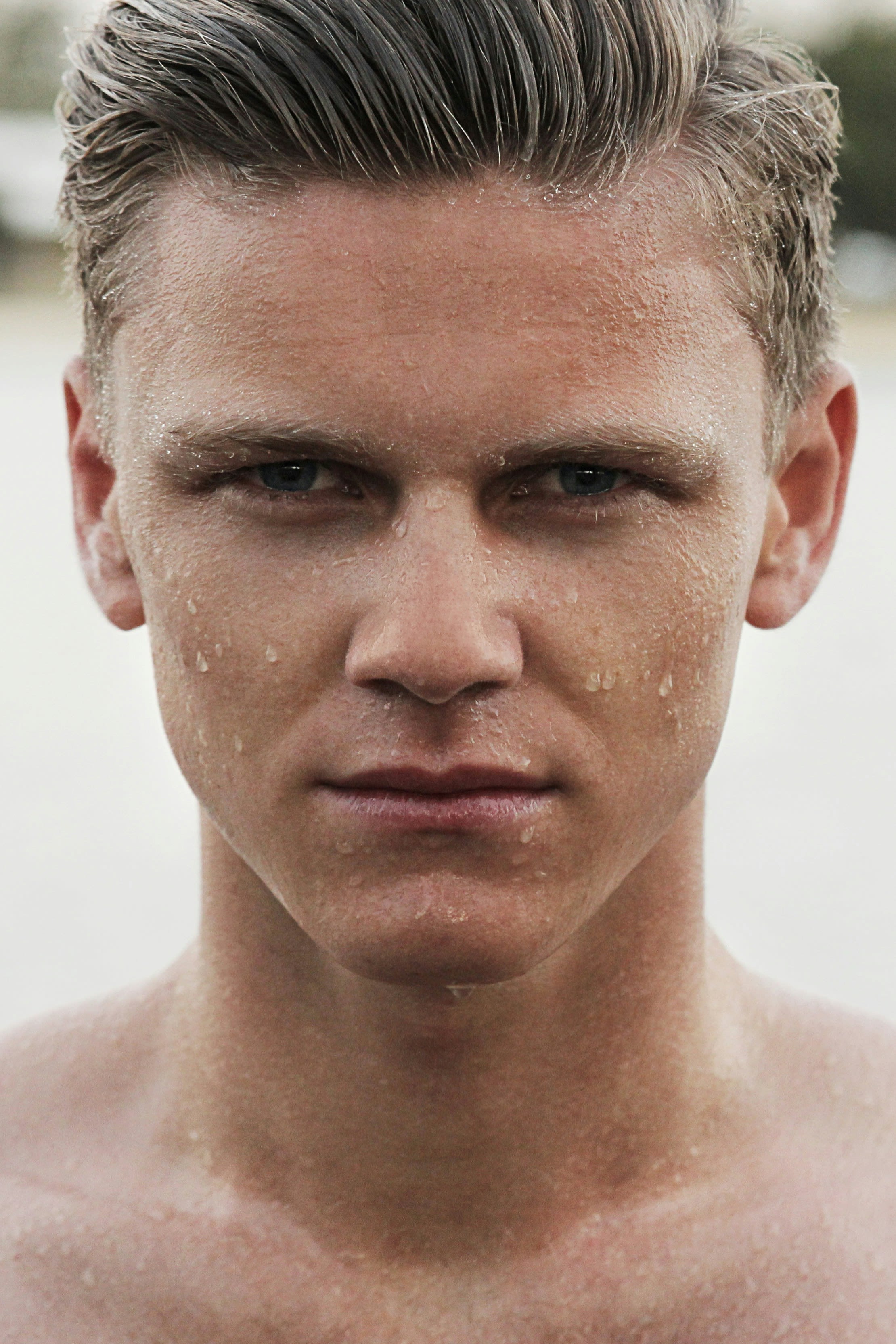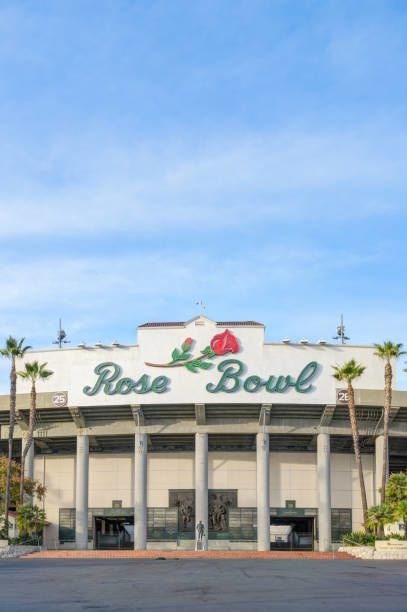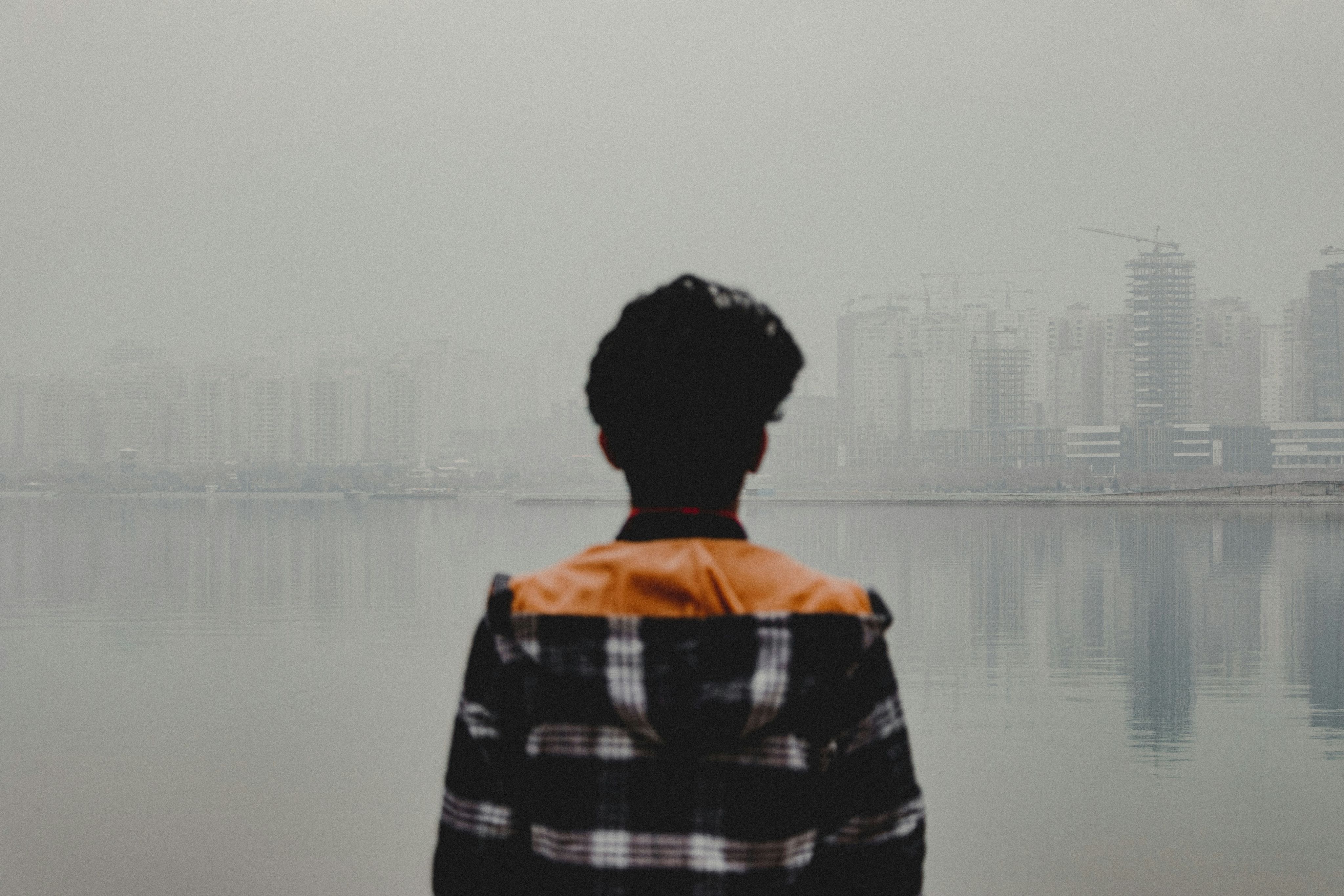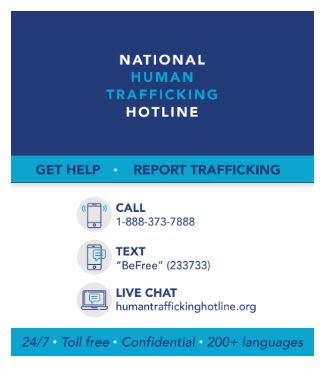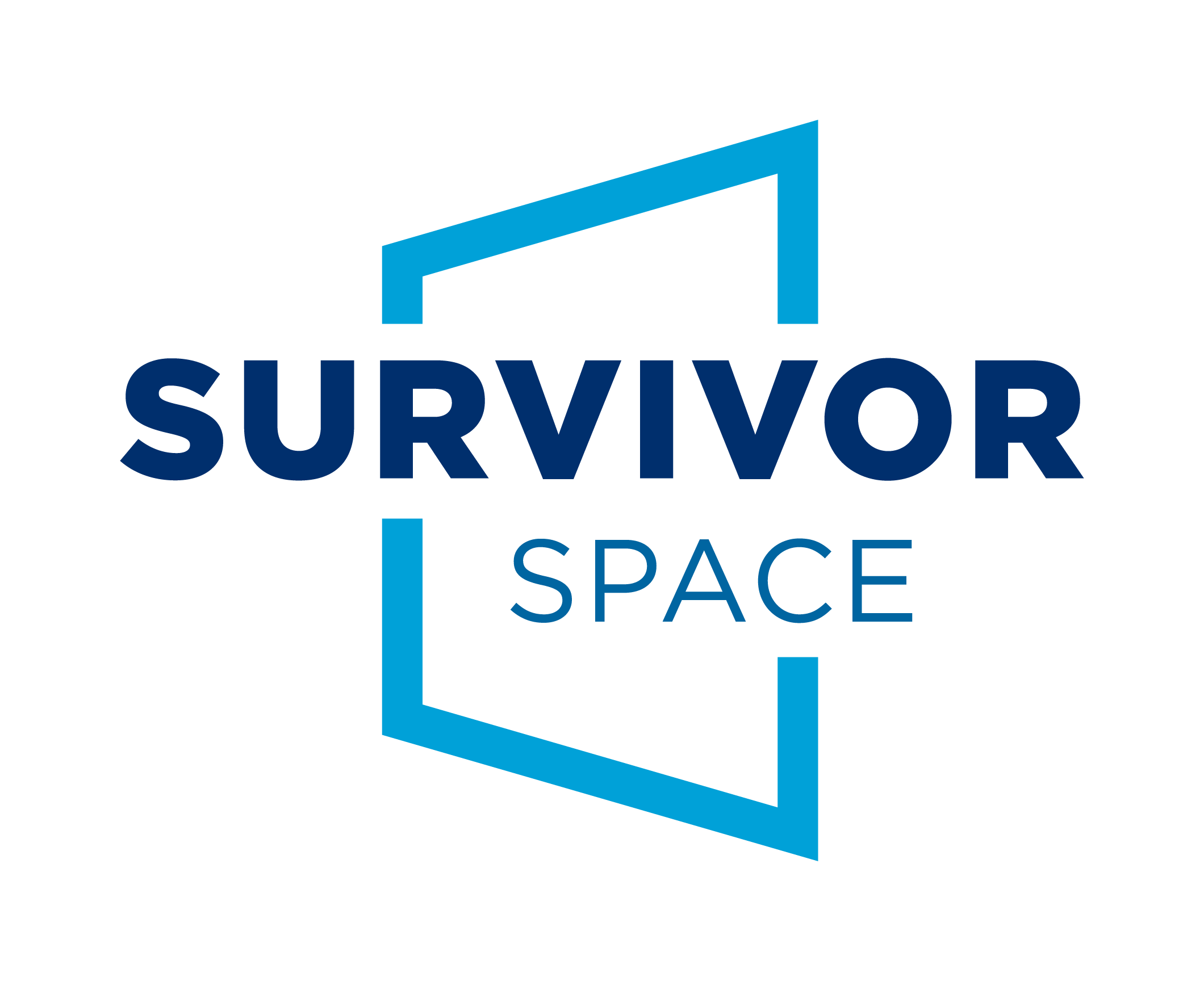Navigating the Awards Season and Sporting Events as a Survivor of Human Trafficking
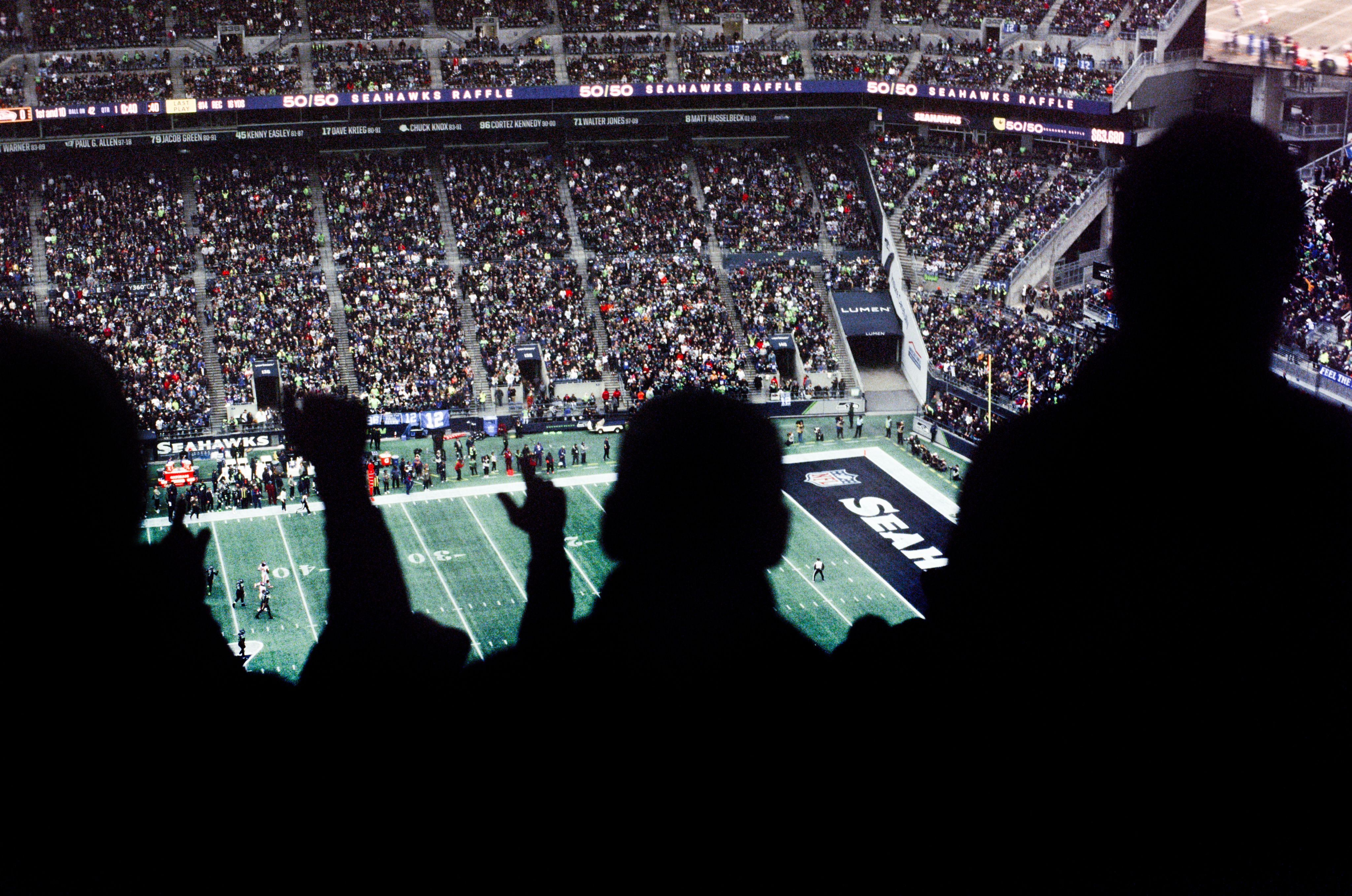
As an elite athlete and male survivor of commercial sex trafficking by well-established professionals, the effects of high-profile events, and connected to several names exposed from Jeffery Epstein’s documents, I want to share a firsthand perspective on how survivors react and process this intricate information. The journey of a survivor is not linear, and the Awards Season, significant sporting events, and the revelation of names can become triggers that unearth buried traumas. Yet, within this chaos, unexpected validations underscore the importance of survivors' voices.
As the glittering lights of the award season beckon and the world eagerly awaits the Paris Olympics and the Super Bowl, a darker narrative often takes a back seat—Sex Trafficking. Maria Busch, Anti-Trafficking Coordinator, Ohio Department of Public Safety, points out, “While human trafficking happens every day and in every region of the U.S., we also know that large, high-profile events lead to a heightened concentration of demand for commercial sex, which therefore leads to a higher concentration of human trafficking occurring in the same location at the same time. The tragic reality is that there is a high demand for commercial sex, including the sexual abuse of children, as evidenced by the fact that human trafficking is a $150 billion global industry,” which aligns with Homeland Security’s estimation of sex trafficking’s annual global profits for 2021.
According to Jim Dinkins, President of Thomas Reuters Special Services (2022), “It is estimated that up to 66% of the global profits from human trafficking come from sexual exploitation—and major sporting events have become their own human trafficking ‘Super Bowls.’” However, the McCain Institute declares, “The widely repeated myth that the Super Bowl (or any other major sporting event) causes an uptick in human trafficking has been debunked repeatedly. Despite this, some reports continue to cause confusion. There is no definitive data that points to a significant increase in trafficking during the Super Bowl.”
In a 2016 interview for Relevant, Nita Belles, managing director of In Our Backyard, an anti-trafficking nonprofit, says, “I would not go along with some of the myths that have been floated out there like that there are tens of thousands of victims brought to the Super Bowl or that it’s the largest human trafficking event,” but, she adds, “I also would not say there is no increase in the number of human trafficking victims being brought into the area. I would emphasize that human trafficking happens 365 days a year anywhere there is Internet. So, it is here already, and it does increase during the Super Bowl.”
The National Center on Sexual Exploitation (2019) states, “Commercial sexual exploitation is ultimately a business, and as hundreds of thousands of people flood the host city, demand increases exponentially and the supply follows. The main demographic for commercial sex buyers is males ages 31-40, which overlaps greatly with that of the Super Bowl, making it a prime market for traffickers. It is estimated that as many as 10,000 prostituted persons were brought into Miami for the 2010 Super Bowl. Additionally, online ads increase in volume, specifically “new to town” ads which reference new prostituted persons and could imply an increase in trafficking victims. One study found that 83.7% of all commercial sex industry ads the week of the Super Bowl were likely victims of sexual exploitation.”
Amid all this year’s glitz, glamour, and celebration of winners, there is the added release of names from Jeffrey Epstein's documents, which is having a profound and multifaceted impact on survivors and may assist in the battle against sex trafficking and exploitation. Robin Abcarian (2024) states in the Los Angeles Times, “Recent news developments, unfortunately, make the sordid Epstein saga impossible to avoid. And maybe that’s as it should be, since the lives of so many young women were tarnished by a vile, lecherous creep and his partner who delighted in not just abusing underage girls but using them to lure high-profile figures into his orbit.” Unfortunately, several names released were involved with the trafficking and exploitation of young men in the Columbus, Ohio area.

I was one of six boys brought to parties at mansions in Columbus, Ohio. We were told to wear certain outfits; I was always put in a white Speedo. We were lined up as parades of professional men passed, touching and asking questions. Then, the men would go into another room and place silent bids on which boy they wanted for the night. I remember being told to only speak to a particular couple (an older man in his forties and a handsome man in his mid-twenties, both of whom were impeccably dressed) unless they speak to you first. As the evening progressed, I found this couple charming and engaging when conversing with them, and they presented me with incredible opportunities.
Photo by Christopher Campbell on Unsplash
Photo by Christopher Campbell on Unsplash
Many nonprofits are assisting in the fight against sex trafficking at high-profile events with a focus on female survivors. Researchers base most of their information on the reporting of females, and front-line supporters are trained to identify and assist female victims. These contribute to society’s steadfast belief that sex trafficking victims are mostly females with males as the perpetrators, which perpetuates a generalization and stereotyping that prevents males from speaking out, reporting, or seeking professional help. Does the revealing of Epstein’s documents support the majority’s belief that sex trafficked victims are primarily female—or can it shed some light on the exploitation of males as well? Jordan Greenbaum (2014) states that recent findings indicate the percentage of sex trafficking between girls and boys is not gender specific but closer to equal. In 2017, the Inter-Agency Coordination Group Against Trafficking in Persons’ “Gender Dimensions of Human Trafficking” notes, “While women still represent the majority of trafficking victims, the proportion of identified male victims has increased from 16% in 2004 to 29% in 2014,” and these numbers are growing.
What makes this even more difficult is the many different definitions of sex trafficking and who is the most vulnerable. Many terms are being used, such as Commercial Sex, Debt Bondage, Forced Child Labor, Attached Labor, and many more. Voices4Freedom refers to human trafficking as Modern-Day Slavery, “…where people are held against their will, under violence or threat of violence, and unable to walk away. They are either never paid or paid irregularly, either in the form of food or money, the sum of which is far below any minimum wage standards; typically, they are paid only enough to survive another day. They are trapped in brothels, factories, mines, farm fields, and many more industries. Women and girls account for 71 percent of all victims of modern slavery. That means one in every 130 women and girls is living in modern slavery.” Many beliefs are that anyone can be vulnerable to sex trafficking, while most focus on loners, broken or dysfunctional family units, children involved in child protection or juvenile justice systems, foster care, runaway and homeless youths, unlawful immigration status, refugees, those seeking asylum, sex workers, and that it mainly happens in poverty-stricken areas.
No matter what stats you rely on, what definition you use, and what socio-economic demographic you want to believe is at risk, there are other areas society is failing or not wanting to recognize—the high-end world of sex trafficking that takes place within elite sports and involving high-profiled professionals and celebrities. These situations are usually emphasized as “OPPORTUNITIES.”
A lawyer contacted my mother after I took eighth at the Junior Olympics in Lincoln, Nebraska. They met several times a week over the next three months. He informed her that he knew a group of professionals interested in offering an opportunity to sponsor me in my Olympic quest. He enticed her with the promise that although these professionals were eager to help sponsor my athletic endeavors, they would also provide the family with pro bono services. My sister had a sledding accident and needed reconstructive surgery on her chin. The lawyer promised that the professionals would take care of everything if my mother ensured I was dressed and ready at the time and location to meet the professionals. My mother agreed. The lawyer had her sign a contract with the stipulation that if she failed to have me ready, the professionals would sue my parents for all the pro bono services and inform family services that she and my father were unfit parents. I met with the lawyer only after my mother agreed and signed the contract.

Dr. Kelli Palfy’s new book, Speaking the Truth in Love: Momma Bear’s Guide to Keeping Her Sons Safe (releasing in Summer 2024), states, “The stakes are high for victims [when] there is a potential for offenders to take advantage. They know how hard athletes work; they train them up to believe in themselves, and then when they do, they threaten to remove their dreams if they fail to comply with their demands. It's almost like they ‘use' the pressure of the world as well. Any time someone spends excessive amounts of time and energy on someone else's child, it is a red flag. The best thing anyone can do is get the authorities involved AND stand with the victim, not the offender. Too many armies of people stand with the offender.”
Steven L. Procopio, Procopio Consultants, and Therapist: Male Survivors of Sexual Trauma & Trafficking, shares, “High profile events such as the Super Bowl, World Series, and Olympics bring offenders to said events. They know that they can ‘buy’ the services of sex with boys as the traffickers and pimps know there is a great demand and will bring them a great deal of money. We know trafficking/sexual exploitation is a very huge money-maker for traffickers/pimps.”
Why do males continue to remain silent?
Society continues to uphold the old myths that males cannot be raped, real men would fight back, and if a male is exploited—he wants it. Society also upholds the glorified images of athletes, celebrities, politicians, and high-profile events to eagerly dismiss wrongdoings or associations—because they don’t want to tarnish their ideals. It is as if society makes excuses due to the high pressure and stress these events may cause and turn their backs on the victims. It is astounding to listen to conversations of people defending the names disclosed from Epstein’s documents. In the demand to retain the untarnished tradition of the Oscars, Olympics, Super Bowl, etc., victims are pushed into the background.
Male survivors are shamed, embarrassed, and even blamed for “allowing” and “getting into” exploitative situations. Male survivors are constantly told that no one would believe them. Many male survivors are groomed to believe there are no resources or help available to them. Bruises and other body trauma can easily be brushed off as consequences of roughhousing, playing sports, or simply being uncoordinated rather than abuse. Abuse can be disguised as hazing, initiation, and even rite-of-passage.
Photo by Tilly Jensen on Unsplash
Photo by Tilly Jensen on Unsplash
High-end commercial sex trafficking can create an illusion and protection for the traffickers. In my case, my traffickers were professionals who were making six figures and devised a unity that protected each other—police chiefs, doctors, politicians, CEOs of substantial retail conglomerates, celebrities, etc. Most of these men were married with children my age. These traffickers hid behind their financial security and presented that they were providing life-altering opportunities to young men.
Aubrey McMahan (2019) shares in her article “Males: The Silent Victims of Human Trafficking,” “Males are ideal victims…due to their strength and stamina…and the fact they (unfortunately) do not draw as much attention…” For many significant sporting events, it is not unusual for an adult male to be seen with a boy or male teen—it is assumed they are father and son, uncle and nephew, or brothers. There is an adoration and acceptance when this pairing is seen entering the gates—while when an adult male is with a young girl attending a particular sporting event—like FIFA, Super Bowl, and World Series—the red flags wave, and they are looked at differently.
Survivors often plunge into a whirlwind of emotions during the Awards and Championship Seasons. The glitzy events and red carpets may seem a world away from the harsh realities they've endured, causing a dissonance that triggers negative self-talk. Survivors may create internal dialogues to grapple with the incomprehensibility of their experiences. These negative self-talk patterns can lead to isolation and alienation, long-term health issues, and even suicide, especially when the perpetrator is being idolized and presented with awards.
I met with the lawyer several times weekly for three months to learn about the incredible opportunity. This opportunity was designed to help me follow my Olympic and college dreams and how this endeavor would benefit my parents and siblings. All I had to do was agree and sign a contract and follow the requirements to keep my grades up, do well in competitions, keep the professionals happy, and never tell anyone about this opportunity. I finally understood what I ultimately agreed to during my first event with a doctor. The shame, embarrassment, fear, guilt, loss of innocence, and desire to protect my family, I became silent and tried to deal with everything alone. Was I the only one given this opportunity?

Navigating the Shadows of Revelation
The disclosure of names, akin to an unexpected plot twist in a suspenseful movie, has both negative and positive effects on survivors. It's a paradox where pain and relief coexist. As the world celebrates winners during award ceremonies, Olympic Games, or large sporting events, survivors may grapple with the aftermath of revelations, retriggered by memories they thought they had buried.
As a teenager, I can recall my traffickers taking me to the Rose Bowl in Pasadena, California, whenever Ohio State University played. There was excitement and anticipation of OSU pulling out the win. On the first day, we walked around the floats decorated with flower petals and seeds. I remember the floral aroma and the incredible seats we had for the parade. Everything was top-notch, and we were constantly reminded how lucky we were to have been hand selected. The night before the big game was filled with dread and fear as I was lined up and put on display with the other boys for the older men to bid on. I remember I was the youngest and still in high school while the others were in college. We never really knew what hotel we were going to sleep in. I remember breakfast the following day; we gathered at a specified location, and we met some of the OSU players and cheerleaders. It was a festive atmosphere with excitement about the impending game. During this breakfast, the boys would find out who they were going to spend the day with. I remember entering The Rose Bowl Stadium with the professional I was assigned to, of which we did not resemble each other at all, and the ticket taker remarking how great it was for fathers and sons to attend this historic event. But I also remembered that the outward excitement did not reflect the internal battle inside me. Years later, whenever I hear the Ohio State Fight Song, I am filled with dread and have been unable to enjoy any football bowl games.
Photo by Mario Verduzco on Unsplash
Photo by Mario Verduzco on Unsplash
Survivors often experience a rollercoaster of emotions and revictimization during these high-profile events. The glamour and jubilation surrounding these events juxtapose against survivors' hidden struggles and can create a stark contrast, emphasizing the unseen battles beneath the surface. And if the survivor has traumatic experiences with high-profile celebrities who are being celebrated for their achievements, they can be sent further into the self-deprecating cycle.
I also recall being shipped to attend Broadway’s ‘Super Bowl,’ known as the Tony Awards, several years in a row. I was the ‘eye candy’ alongside a nominated actor, director, or choreographer. The glitz and glamor of the awards show contrasted to the afterparty, and depending on the awards outcome could determine what type of night it would be.
The Complexity of Triggering and Retriggering
Survivors, much like actors in a suspenseful thriller, face triggering and retriggering moments during the awards season, sporting events, and the disclosure of names. Triggering occurs when survivors are exposed to stimuli that evoke memories of their traumatic experiences. It's a visceral reaction that can be both debilitating and overwhelming.
Retriggering, on the other hand, is a deeper layer, often experienced when survivors think they had moved past certain triggers. Events like award shows, big sporting events, or the unveiling of names can unexpectedly bring buried emotions to the surface, creating a renewed sense of vulnerability.
Drawing an analogy to a high-stakes poker game, survivors navigate through triggering and retriggering moments, carefully concealing the emotional cards they hold. The emotional stakes are high, and the game is played silently, often hidden behind smiles and well-rehearsed responses.
Validation Amidst the Chaos
Within the chaos exists a paradoxical ray of light for survivors – validation. The disclosure of names can be a double-edged sword, triggering painful memories and validating survivors' experiences. It becomes a reassurance that their truth is acknowledged, helping them reclaim a sense of agency and control over their narrative.
Survivors often grapple with negative self-talk, a psychological phenomenon akin to an internal antagonist. This self-sabotaging dialogue is born out of the survivor's attempt to understand why such traumatic events occurred, leading to isolation and alienation, particularly during these high-profile events.
I felt validated by revealing specific names from Epstein’s documents, which assisted in helping me realize that I was not making my experiences up. I also was validated when I learned the method of trafficking used in the Epstein case was identical to my experiences, but only with male victims. However, this validation is personal and may never be expressed publicly—since no one wants to hear such allegations.
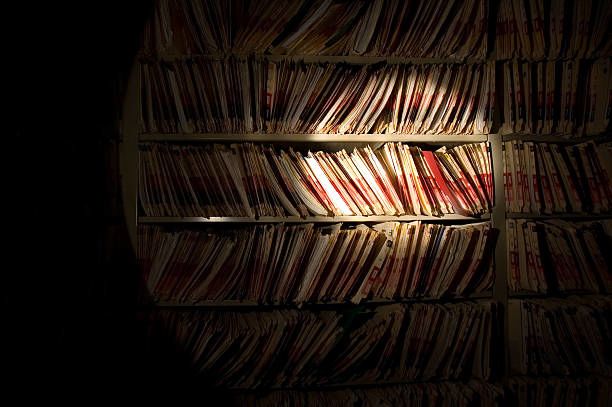
The Power of Self-Talk in Healing
Survivors embark on a life-long healing journey of emotional, mental, and physical recovery. Analogous to sculpting a masterpiece, each survivor's journey is unique. Many recovery services for survivors are female-focused and provide a one-size-fits-all remedy. Although there are similarities between female and male survivors, there still needs to be a different approach, and not all remedies are a good fit. Each survivor is unique and needs a program devised specially for them. This awareness is necessary for law enforcement and medical services not to revictimize survivors.
My healing journey was complicated by the fact that many of my traffickers were doctors and therapists. Every time I walked into an office, I was overwhelmed with traumatic memories. And if I was able to enter the room and sit, I found myself recounting the abuse—in detail. I always felt the therapist was only interested in what happened. I discovered that if I said what the therapist wanted me to say, I could leave quickly. I always felt anxious and could never benefit from their professional help. It was not until many years later that I met a Self-Talk Coach that I saw a way to heal. I was impressed that I did not have to replay the traumatic events, explore my current self-talk, and change how I said things to change my life. I regained my Power and the freedom to make choices. I listened to the Self-Talk Plus App for fifteen minutes daily and worked with a Coach. Dr. Shad Helmstetter, the founder of the Self-Talk Institute, spoke to me on the phone and shared, "Overcome negative self-talk and change your life," which still resonates with me. I am so passionate about the results I continue to experience that I have become a certified Trainer and Coach with the Self-Talk Institute to share this tool with other survivors.

Like supporting characters in the survivor’s narrative, family members and friends can play a pivotal role in this healing journey. Patience and support are essential as survivors navigate the challenges of disclosure and recovery. Listening to and believing the survivor's story is vital in creating a supportive environment that fosters healing.
Signs People Can Look For:
“First, it is important to know that if a minor is engaged in commercial sex, under federal law, that is a form of human trafficking. So, any indication of commercial sex of a minor is a red flag for human trafficking. Another red flag, according to Polaris, includes having an older or simply controlling parent, guardian, romantic partner, or sponsor who will not allow the victim to speak for themselves or monitor their movements, spending, and communication. Another red flag is if a child is dependent on a family member with a substance use disorder or who is abusive in other ways. Another tragic reality of human trafficking is that parents and guardians can be the ones trafficking their own children to feed a drug addiction or provide for themselves,” states Maria Busch.
Steven Procopio says, “What is important to look for is a male/female with a young person that does not appear to be family and check into the comings and goings of people in hotel lobbies.” It is also essential to be aware that older men with boys or male teens are not always a father and son, uncle and nephew, or brothers, cousins, etc.—but it could be a trafficking situation.
What can People Do to Help?
Maria Busch shares, “It is important to know the National Human Trafficking Hotline number and to call and report if you suspect human trafficking: 888-373-7888. You can also text the Hotline at 233733 (BEFREE) or chat with the hotline on their website at humantraffickinghotline.org/chat. If you are a mandated reporter in Ohio, you are also legally required to report all suspected incidences of human trafficking involving minors to children services and/or law enforcement.”
“If you suspect someone is being trafficked,” advises Steven Procopio, “contact the Human Trafficking Hotline: identify the city/state you are in and ask for intervention resources available to victims of trafficking in that area.”
National Center on Sexual Exploitation (2019) shares, “While major events such as the Super Bowl create a temporary influx of this industry, fighting trafficking following one event will not take down the entire industry. As daunting of an effort as this is, individuals can make a serious difference by vigilantly searching for and reporting suspected trafficking year-round. If you want to go a step further in the fight to end trafficking join our action center.”
Photo by Amir Hosseini on Unsplash
Photo by Amir Hosseini on Unsplash
Photo by Amir Hosseini on Unsplash
Photo by Amir Hosseini on Unsplash
Amid the glamour and celebration of award seasons, sporting events, and high-profile revelations, it's crucial to shine a light on the shadows survivors navigate. Understanding the complexities of triggering, retriggering, and the power of validation is critical to fostering empathy and support.
As survivors share their stories, families, friends, and communities must listen, believe, and support their healing journey. The path to transformation involves overcoming negative self-talk and creating an environment where survivors can reclaim their narrative and rewrite the chapters of their lives with resilience and strength.
RESOURCES
An Athlete’s Silence: An Athlete's Silence (anathletessilence.com)
John-Michael Lander: John-Michael Lander (johnmichaellander.com)
National Human Trafficking Hotline number: 888-373-7888. You can also text the Hotline at 233733 (BEFREE) or chat with the hotline on their website at humantraffickinghotline.org/chat.
Self-Talk Plus App: https://www.selftalkplus.com?utm_refer=Jmla
Self-Talk Institute Store: http://www.selftalkstore.com/
She Has a Name: https://shehasaname.org/
Survivor Space: SurvivorSpace - A Safe Place for Survivors of Sexual Abuse to Heal
REFERENCES
Abcarian, Robin. 2024. Los Angeles Times and the Press of Atlantic City: With every release of court documents, the damage Jeffrey Epstein did confronts us anew, by Robin Abcarian (pressofatlanticcity.com)
Belles, Nita. 2016. interview for Relevant. https://relevantmagazine.com/current/facts-behind-super-bowl-sex-trafficking-epidemic/
Busch, Maria. 2024. Interview. Anti-Trafficking Coordinator, Ohio Department of Public Safety. https://www.linkedin.com/in/maria-busch-7b179aa1/
Countering Human Traffcking: Year in Review (October 2020 to September 2021): DHS Countering Human Trafficking: Year in Review
Dinkins, Jim, President of Thomas Reuters Special Services, At the Super Bowl and beyond: Tackling Human Trafficking every day: At the Super Bowl and beyond: Tackling human trafficking every day - Thomson Reuters Institute
Greenbaum, Jordan. 2014. “Child Sex Trafficking and Commercial Sexual Exploitation.” Presented at the Annual NCJFCJ Conference, July 15, 2014, Chicago, Ill.
ICAT (The Inter-Agency Coordination Group against Trafficking in Persons: The Gender Dimensions of Human Trafficking: UNODC-IB-04-draft1.pdf
McCain Institute: Super Bowl & Human Trafficking: Fact or Fiction? Super Bowl & Human Trafficking: Fact or Fiction? | McCain (mccaininstitute.org)
McMahan, Aubrey. (2019) shared in her article “Males: The Silent Victims of Human Trafficking,” Males: The Silent Victims of Human Trafficking - Anti-Trafficking International (preventht.org)
National Center on Sexual Exploitation: How to Spot Sex Trafficking; Super Bowl Sunday and Beyond (endsexualexploitation.org)
National Human Trafficking Hotline: Recognizing the Signs | National Human Trafficking Hotline
Palfy, Dr. Kelli: 2024. Interview. https://www.linkedin.com/in/dr-kelli-palfy-98336270/
Procopio, Steven L. 2024. Interview. Procopio Consultants and Therapist: Male Survivors of Sexual Trauma & Trafficking. https://www.linkedin.com/in/steven-l-procopio/
Voices 4 Freedom: What is Modern Day Slavery? – voices4freedom
U.S. Department of Homeland Security. 2021. Countering Human Trafficking: Year in Review. https://www.dhs.gov/sites/default/files/2022-02/CCHT%20Annual%20Report.pdf
About the Author:
John-Michael Lander is a Survivor, Advocate & Public Speaker
He is also the founder of An Athlete's Silence: www.anathletessilence.com
Published by SurvivorSpace, an initiative of Zero Abuse Project


